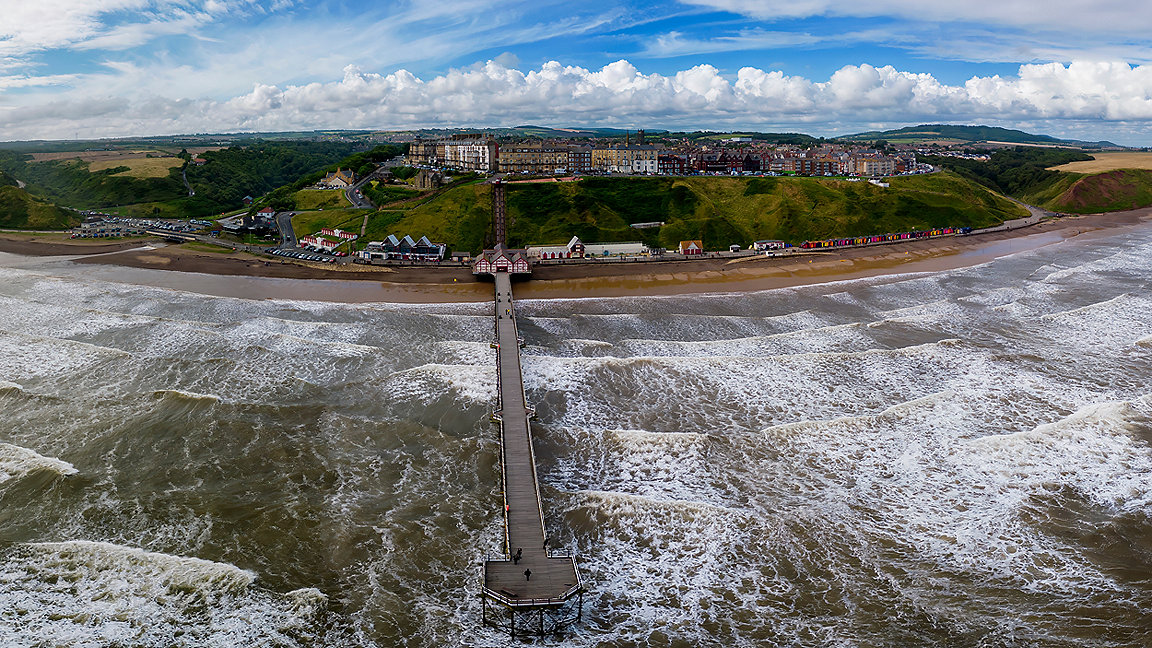
Five years ago, the UK Department for Environment, Food & Rural Affairs (DEFRA) set out its vision for a quarter of a century of action to help the natural world regain and retain good health in the 25-year environment plan. It committed to revising the plan every five years, and has done so for the first time in the Environmental Improvement Plan (EIP) 2023.
The goals set out in the 25-year plan for England form the basis of those in the new EIP, which are as follows:
The overall objective is to improve nature, with all goals aiming to achieve this.
DEFRA has committed to halting the decline in biodiversity and has already created or restored wildlife habitats amounting to an area the size of Dorset. Separately it is investing more than £750m in tree-planting and peatland restoration through the Nature for Climate Fund.
It has also established a network of marine protected areas across 91,000km2 of English waters and agreed a new Global Biodiversity Framework, with 23 global targets, including 30% of global land and 30% of global oceans to be protected by 2030.
The latter target is particularly pertinent, with the oceans recently having reached their hottest ever recorded temperature – with dire implications for our planet's health. All goals and targets set in the Global Biodiversity Framework will support progress towards the UN's Sustainable Development Goals.
To fulfil goal 1 of the EIP, DEFRA has committed to:
DEFRA recognises that to restore nature it will need to improve the quality of the environment. Goals 2–4 in the EIP are critical for this.
Goal 2 aims to achieve clean air. While air quality in the UK has improved significantly in recent decades, it nevertheless continues to be the biggest environmental risk to human health and a source of harm to the natural environment.
To resolve this, DEFRA has committed to:
'A healthy environment also relies on clean and plentiful water, and in goal 3 DEFRA recognises that the public expects better clean drinking water, water use for crops and bathing waters.'
The department has therefore committed to:
DEFRA also says it needs to continue managing exposure of the natural world to chemicals and pesticides, recognising that although such substances are an important part of a productive economy and sustainable food production they can place significant pressures on land and sea. Brexit has provided an opportunity to review this approach.
To meet goal 4, therefore, DEFRA has committed to:
The way we use finite and precious natural resources must be improved, and DEFRA has acknowledged this in goals 5 and 6 of the EIP, the former also requiring waste to be minimised.
Unfortunately the pandemic set back England's progress on this with a reduction in household recycling levels. DEFRA recognises the need to return to better habits to achieve a circular, sustainable economy.
In this regard DEFRA will:
DEFRA estimates that the UK's natural capital is worth £1.8tr, and draws attention to the essential role of this in meeting our basic needs, maintaining our biodiversity and sustaining our economy.
DEFRA has committed to:
Climate change is a significant pressure on our environment, and with goal 7 DEFRA recognises that leaving it in a better state than we found it requires mitigation and adaptation. We cannot achieve this without nature-based solutions to protect, sustainably manage, and restore natural and modified ecosystems, such as peatland restoration.
DEFRA has said:
It has already published the third National Adaptation Programme (NAP3), setting out a five-year strategy to build up the UK's climate resilience.
Climate change is also exacerbating natural hazards and the risk they pose to health, the environment and the economy. Hence, goal 8 aims to reduce the risk of harm from environmental hazards.
On this issue, DEFRA says it will:
The department recognises that to restore biodiversity the UK needs to enhance biosecurity, as in goal 9. It also acknowledges that the risk of pests, pathogens and invasive, non-native species is increasing, as was seen in winter 2022–23 when the UK experienced its largest outbreak of bird flu.
The department recognises that to restore biodiversity the UK needs to enhance biosecurity, as in goal 9. It also acknowledges that the risk of pests, pathogens and invasive, non-native species is increasing, as was seen in winter 2022–23 when the UK experienced its largest outbreak of bird flu.
To protect our biosecurity against future such threats, DEFRA will:
The EIP's final goal is to enhance beauty, heritage and engagement with the natural environment. Spending time in nature is part of what makes the UK such a special place, and the department wants everyone to enjoy landscapes and coastlines – but also recognise that to restore nature we need to do so responsibly.
With this in mind, DEFRA has committed to:
PROPERTY JOURNAL
Zhana Lennox MRICS 12 April 2024
LAND JOURNAL
Fiona Mannix and Mark Sanders MRICS 03 April 2024
CONSTRUCTION JOURNAL
Nick Orton 20 March 2024